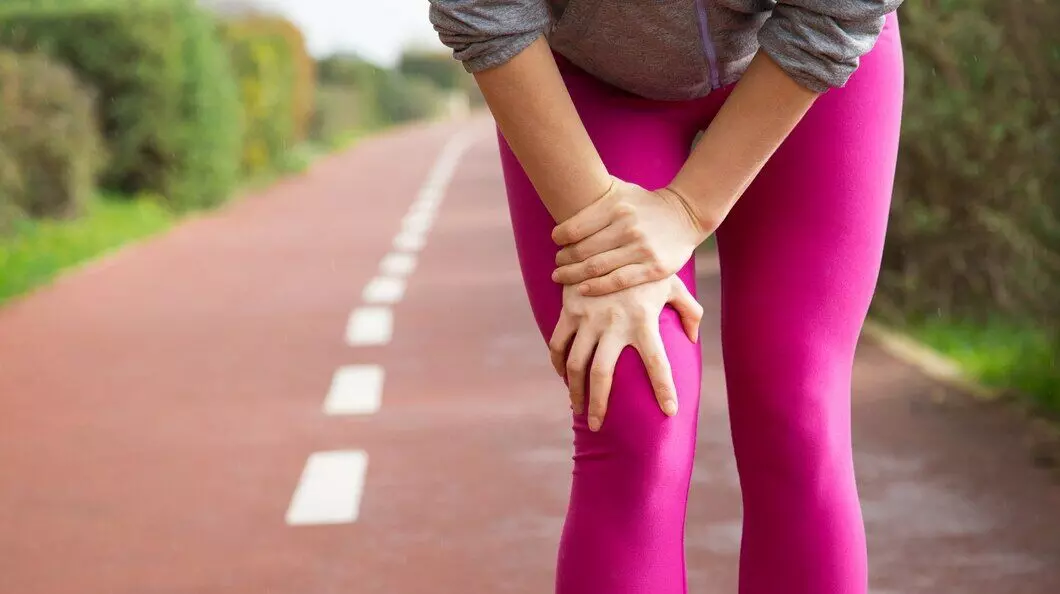90 percent of Indian women Vitamin D deficient; linked to poor bone health
Vitamin D levels below 30ng/ml are classified as insufficient or deficient, contributing to compromised bone health, severe bone pain, and fractures

HYDERABAD: A revealing study unveils that a staggering 90 percent of Indian women are deficient in Vitamin D, leading to body pain. Shockingly, these women often turn to temporary pain-relief measures rather than addressing the root cause of their discomfort.
Vitamin D levels below 30ng/ml are classified as insufficient or deficient, contributing to compromised bone health, severe bone pain, and fractures. Studies reveal that signs of poor bone health are frequently disregarded by women in India.
Records from Vitamin-D testing camps conducted by Apollo Diagnostics in collaboration with Horlicks Women’s Plus in 2023 revealed that approximately 80 percent of urban women in India have low Vitamin D levels.
Also Read: Three out of four Indians suffer from Vitamin D deficiency
A Momexpresso study in 2023 highlighted that 87 percent of women who suffer from body aches remain unaware of the link between body aches and poor bone health and turn to temporary pain relief.
Dr Siddharth Potluri, Consultant Orthopedician, Apollo Clinic, Hyderabad said, “We need about 20 mins of sunlight with 40 percent of our body exposed to the sun daily for adequate production of Vitamin D. But Indian women do not get this sunlight exposure on a day-to-day basis. This leads to Vitamin D deficiency and bone pain. Women tend to rely on temporary analgesics that reduce the perception of pain but do not solve the problem of Vitamin D deficiency. They should consume nutritional supplements rich in Vitamin D and calcium to prevent the occurrence of deficiency and maintain bone health.”
Vitamin D is produced in the skin after exposure to sunlight. A sedentary lifestyle, polluted air and indoor workspaces have contributed to the increased prevalence of Vitamin D deficiency. Dietary sources of Vitamin D are very limited. The best sources are fatty fish and fish liver oil; a small quantity is also found in egg yolk and certain mushrooms. Including nutritional supplements in the diet is recommended to maintain optimum levels of Vitamin D.
Nutritional supplements with 100 percent recommended dietary allowance of calcium and Vitamin D are readily available, affordable and are beneficial to improve bone health. Along with the intake of nutritional supplements, women should also adopt healthy habits such as sufficient exposure to sunlight and regular exercise.



